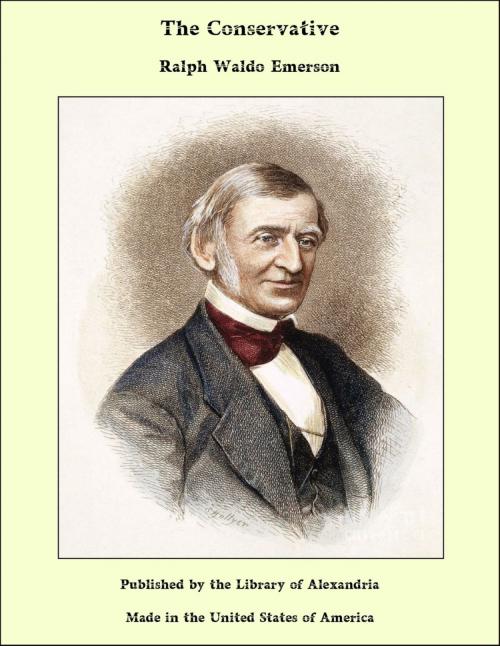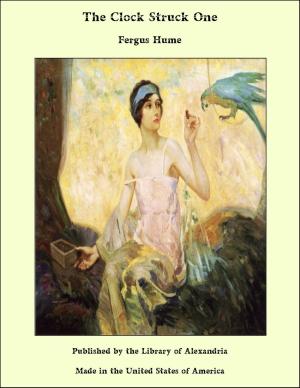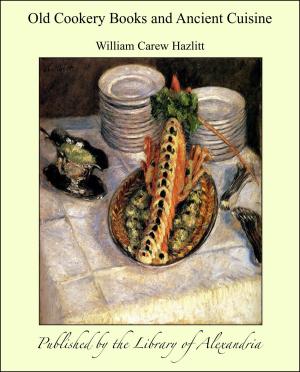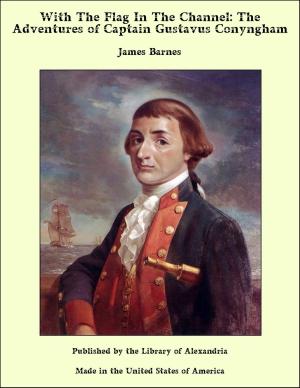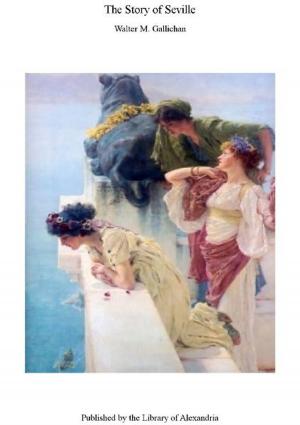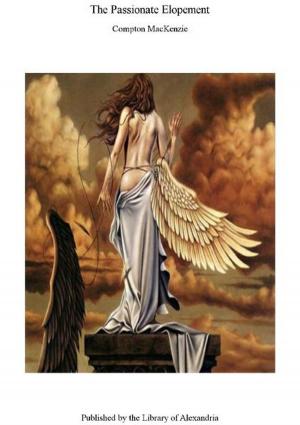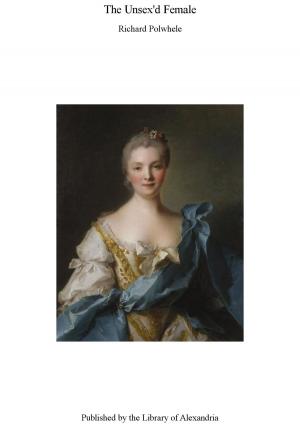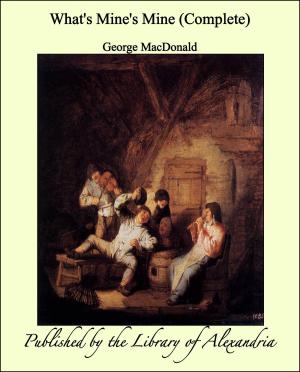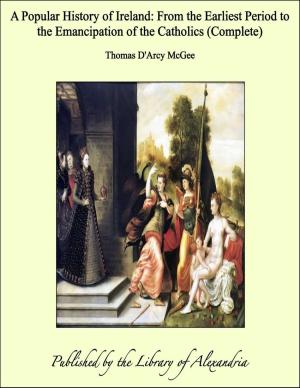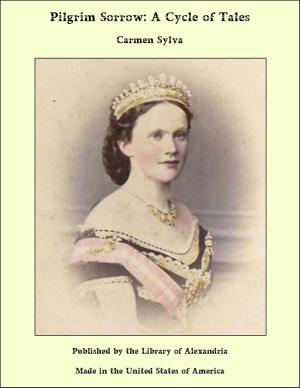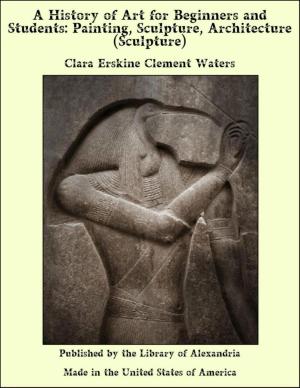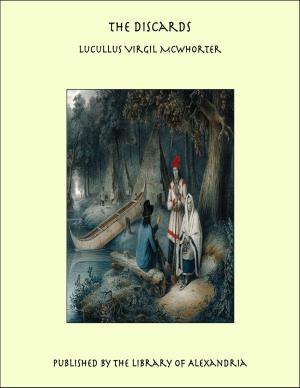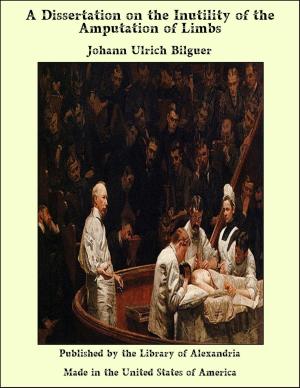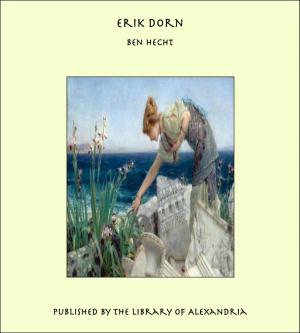| Author: | Ralph Waldo Emerson | ISBN: | 9781465613165 |
| Publisher: | Library of Alexandria | Publication: | March 8, 2015 |
| Imprint: | Language: | English |
| Author: | Ralph Waldo Emerson |
| ISBN: | 9781465613165 |
| Publisher: | Library of Alexandria |
| Publication: | March 8, 2015 |
| Imprint: | |
| Language: | English |
The two parties which divide the state, the party of Conservatism and that od have disputed the possession of the world ever since it was made. This quarrel is the subject of civil history. The conservative party established the reverend hierarchies and monarchies of the most ancient world. The battle of patrician and plebeian, of parent state and colony, of old usage and accommodation to new facts, of the rich and the poor, reappears in all countries and times. The war rages not only in battle-fields, in national councils, and ecclesiastical synods, but agitates every man’s bosom with opposing advantages every hour. On rolls the old world meantime, and now one, now the other gets the day, and still the fight renews itself as if for the first time, under new names and hot personalities. Such an irreconcilable antagonism, of course, must have a correspondent depth of seat in the human constitution. It is the opposition of Past and Future, of Memory and Hope, of the Understanding and the Reason. It is the primal antagonism, the appearance in trifles of the two poles of nature. There is a fragment of old fable which seems somehow to have been dropped from the current mythologies, which may deserve attention, as it appears to relate to this subject. Saturn grew weary of sitting alone, or with none but the great Uranus or Heaven beholding him, and he created an oyster. Then he would act again, but he made nothing more, but went on creating the race of oysters. Then Uranus cried, `a new work, O Saturn! the old is not good again.’ Saturn replied. `I fear. There is not only the alternative of making and not making, but also of unmaking. Seest thou the great sea, how it ebbs and flows? so is it with me; my power ebbs; and if I put forth my hands, I shall not do, but undo. Therefore I do what I have done; I hold what I have got; and so I resist Night and Chaos.’
The two parties which divide the state, the party of Conservatism and that od have disputed the possession of the world ever since it was made. This quarrel is the subject of civil history. The conservative party established the reverend hierarchies and monarchies of the most ancient world. The battle of patrician and plebeian, of parent state and colony, of old usage and accommodation to new facts, of the rich and the poor, reappears in all countries and times. The war rages not only in battle-fields, in national councils, and ecclesiastical synods, but agitates every man’s bosom with opposing advantages every hour. On rolls the old world meantime, and now one, now the other gets the day, and still the fight renews itself as if for the first time, under new names and hot personalities. Such an irreconcilable antagonism, of course, must have a correspondent depth of seat in the human constitution. It is the opposition of Past and Future, of Memory and Hope, of the Understanding and the Reason. It is the primal antagonism, the appearance in trifles of the two poles of nature. There is a fragment of old fable which seems somehow to have been dropped from the current mythologies, which may deserve attention, as it appears to relate to this subject. Saturn grew weary of sitting alone, or with none but the great Uranus or Heaven beholding him, and he created an oyster. Then he would act again, but he made nothing more, but went on creating the race of oysters. Then Uranus cried, `a new work, O Saturn! the old is not good again.’ Saturn replied. `I fear. There is not only the alternative of making and not making, but also of unmaking. Seest thou the great sea, how it ebbs and flows? so is it with me; my power ebbs; and if I put forth my hands, I shall not do, but undo. Therefore I do what I have done; I hold what I have got; and so I resist Night and Chaos.’
